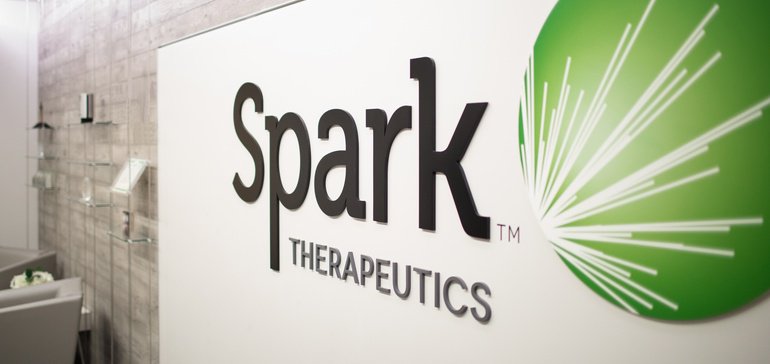The Securities and Exchange Commission filings that Spark released Monday confirm what became apparent when the FTC announced it was subjecting the Roche buyout to additional review — that is, it could take antitrust reviewers months to give it the go-ahead.
Under the original deal terms, Roche or Spark could have terminated the agreement if it wasn’t completed by Jan. 31, 2020. The amendment allows both sides to extend that deadline to April 30, 2020.
In the email, Schwan wrote that he still expects the deal to close in 2019, but that adding the right to extend would “proactively identify and remove any potential future obstacles to achieving this outcome.”
“Roche remains fully committed to working with your leadership at Spark to provide the regulatory agencies the information they need to complete their reviews so that we may close the acquisition as soon as possible,” he wrote.
The FTC triggered the second request, which requires much more extensive disclosure of documents and executive testimony. It happens in less than 5% of mergers and acquisitions, and thus is a sign that antitrust regulators are concerned about the potential for Roche to have too much market power in hemophilia A.
Roche markets the hemophilia maintenance drug Hemlibra (emicizumab), while Spark is developing two gene therapies in this disorder, SPK-8011 and SPK-8016.
In a note to clients, Jefferies analyst Michael Yee wrote that the FTC could have two concerns. One possibility is that Roche could use price and bundling tactics of Hemlibra and SPK-8011 to squeeze out gene therapy rivals like BioMarin Pharmaceutical’s valoctocogene roxaparvovec in the broader hemophilia A market.
A second concern would be in those hemophilia A patients who develop inhibitors to Factor VIII replacement therapies like Advate. In these patients, Hemlibra and SPK-8016 could have the “vast majority” of the market and make it difficult for competitors to break in, Yee wrote.
The number of gene therapies under development suggests that a Roche-Spark combination will not have the market all to itself, Yee wrote: “In our view, FTC should ultimately see the market as competitive and healthy and the deal should go through.”








